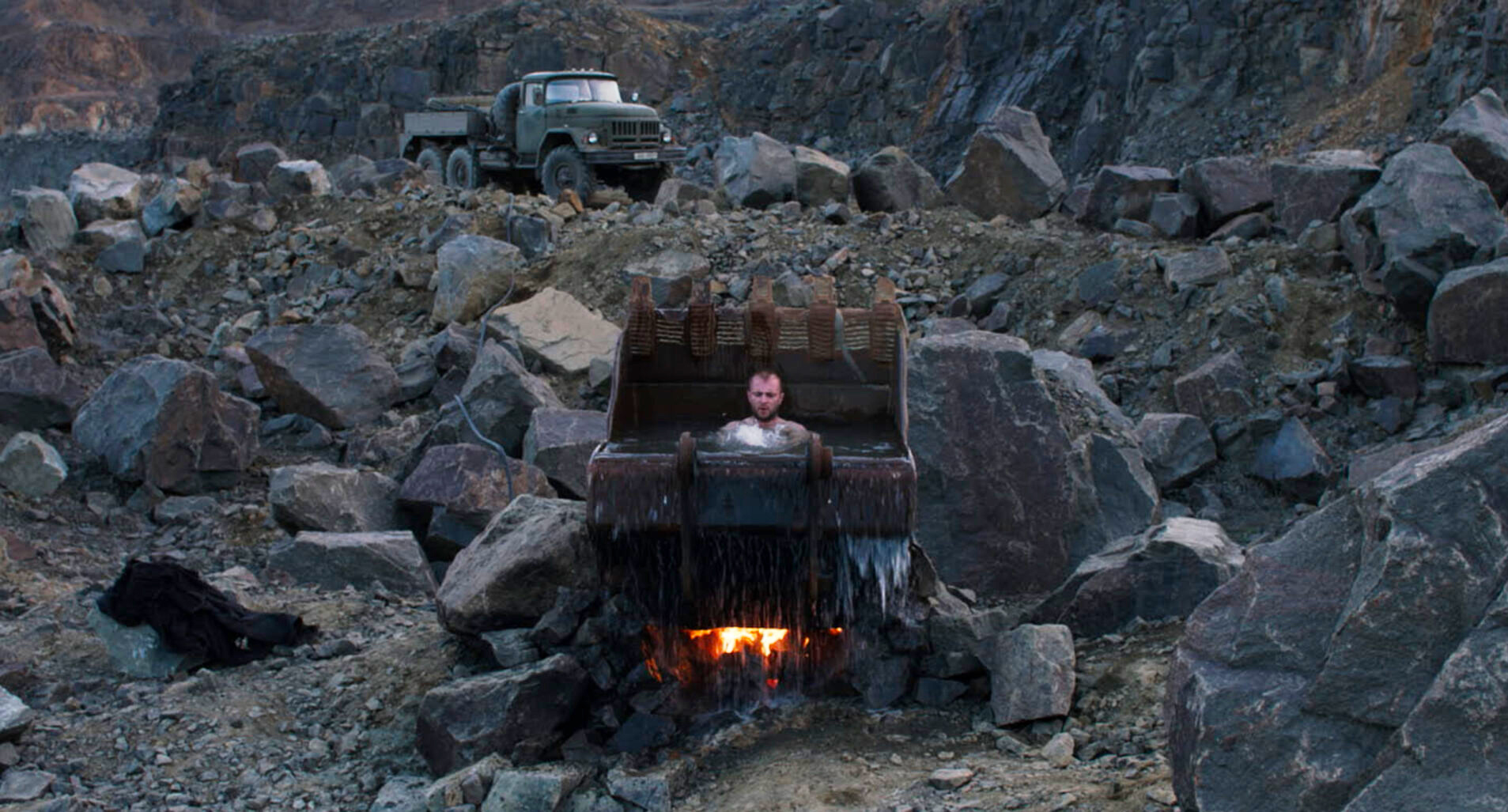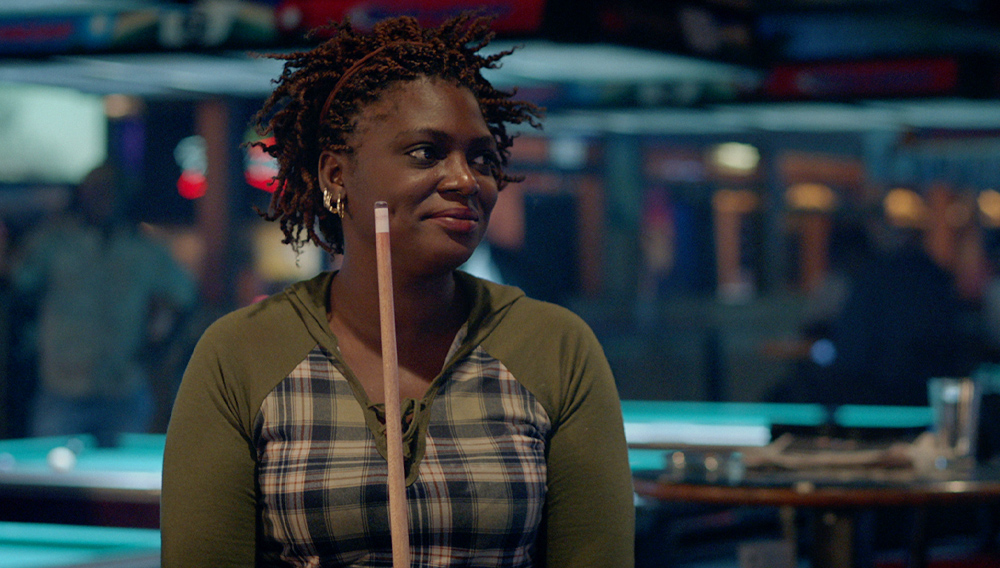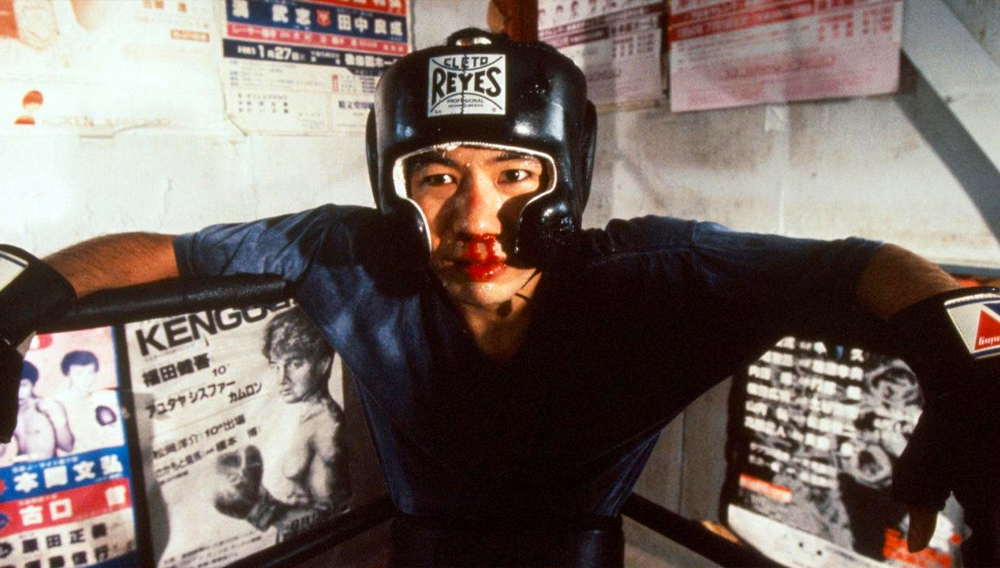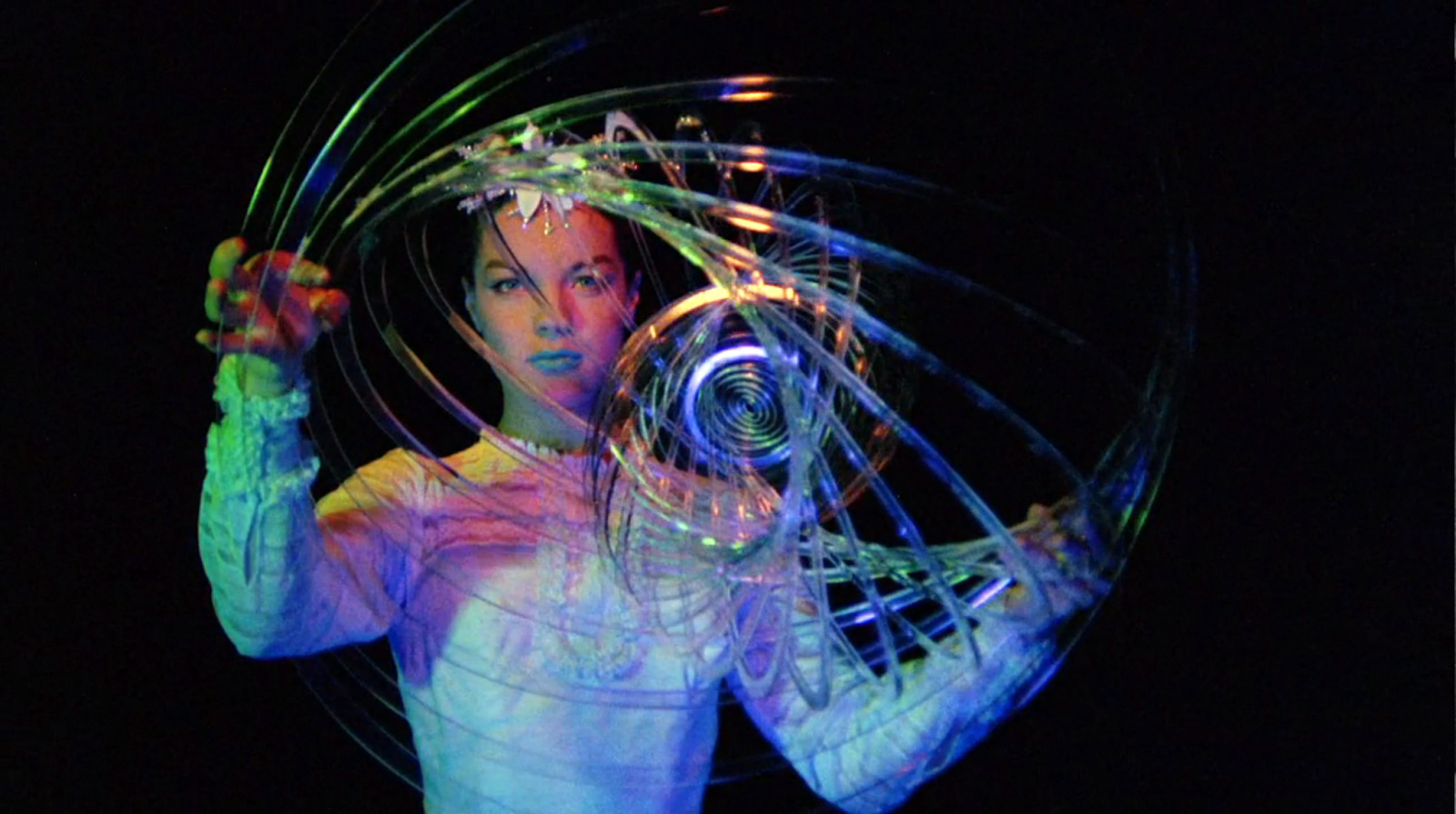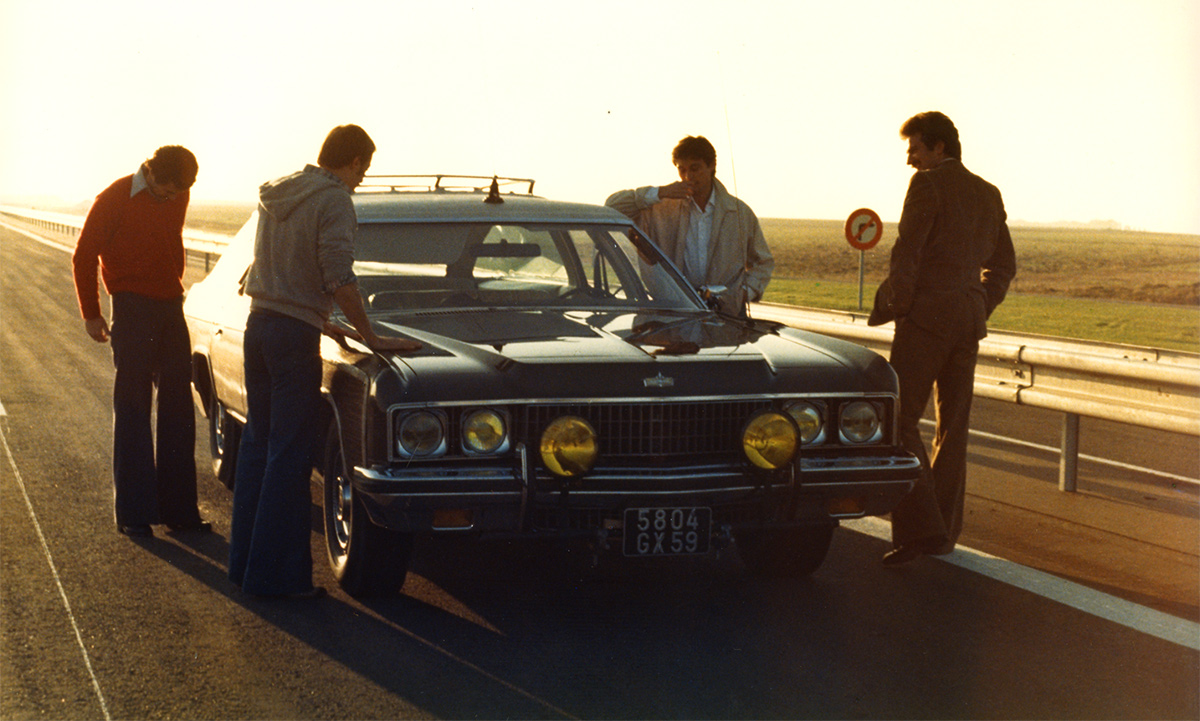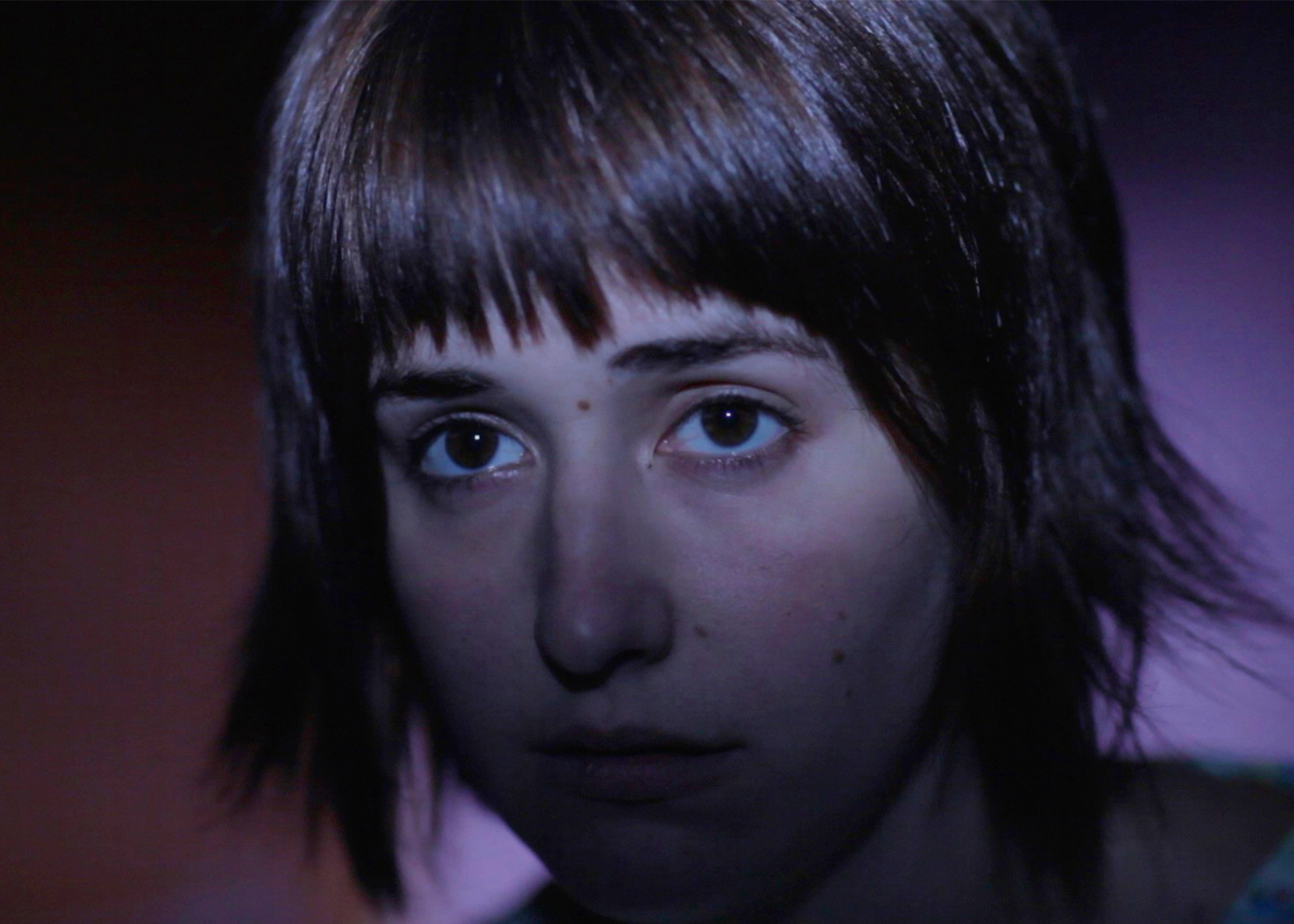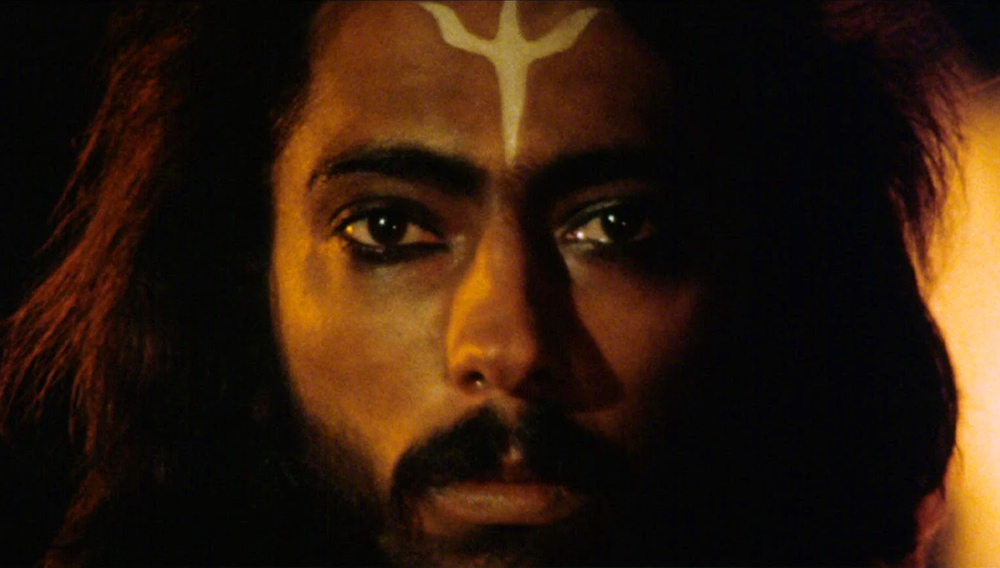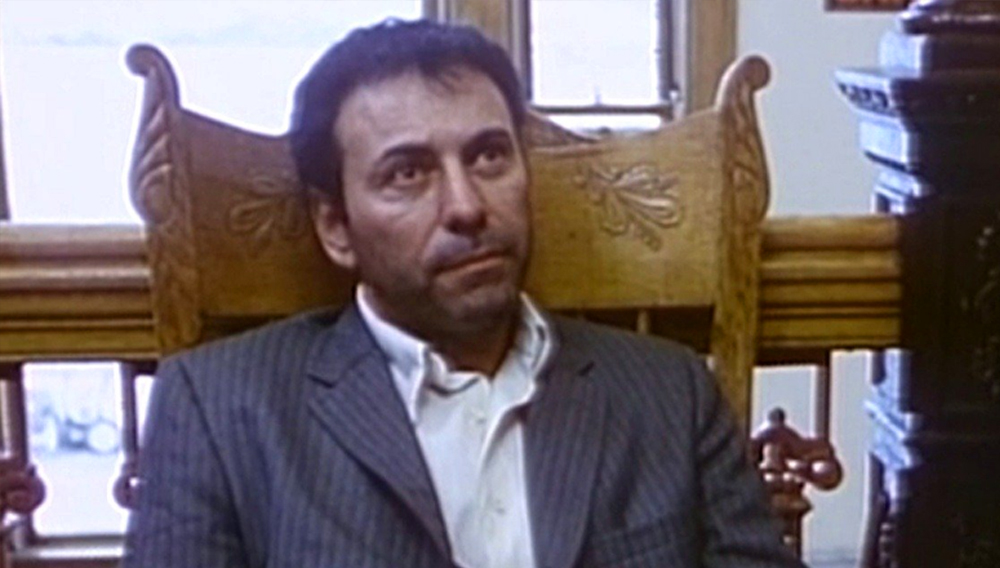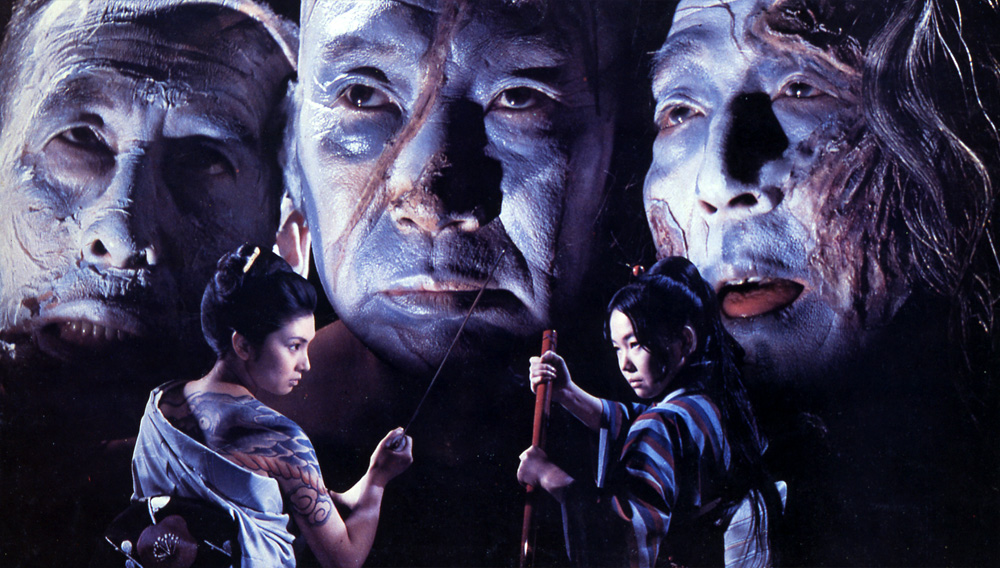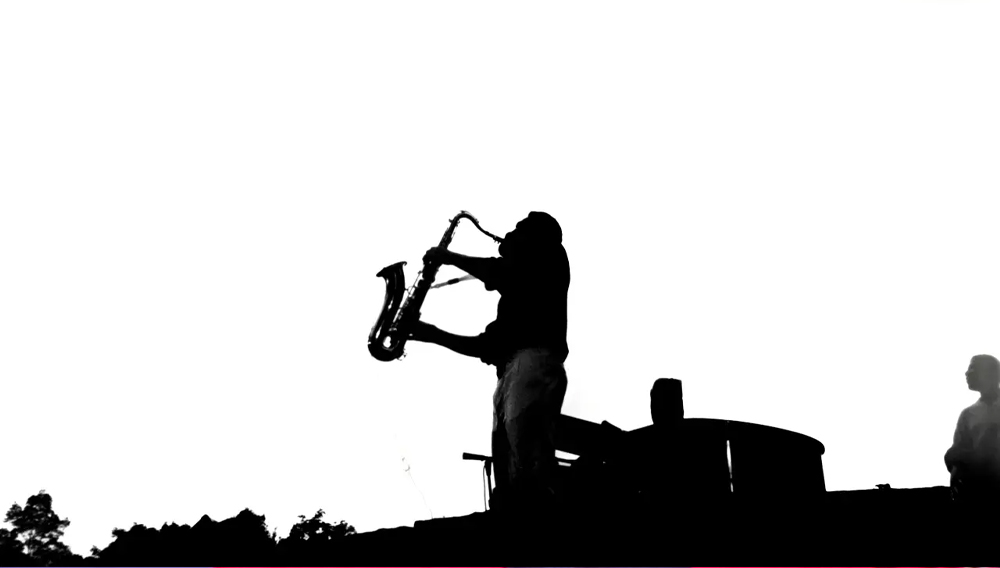“That’s where the protests took place. I was wounded by three plastic bullets and tear gas.”
This was what a volunteer for the Istanbul Film Festival (April 5- 20) told me as we were standing near Taksim Square, the site of Turkey’s fervent anti-government demonstrations that made global headlines a year ago. She wasn’t the only member of the staff to voice her dissent against Tayyip Erdogan’s regime. This fact kept resurfacing during the festival, partly because its headquarters were merely two minutes away from Taksim Square.
There’s so much more to the Istanbul Film Festival than its line-up or curation. A palpable sense that this event is taking place amidst a throbbing metropolis is omnipresent. Conversations with directors or industry guests inevitably touch upon the state of the country; the previous month had seen an election, after all. The festival itself does not seem content to restrict its offerings to just screenings. There are a few master classes conducted by eminent film personalities, spread out over the city. At the picturesque Boğaziçi University, Turkey’s oldest and best institute for higher studies, Iranian auteur Asghar Farhadi spoke at length about how a script is like a clothes hanger. (It made perfect sense.)
At some point, however, I did get to the films. The protests and the underlying anti-establishment anger is yet to bubble up in Turkish cinema. Probably a good thing, some local filmmakers believe, citing the case of Egypt, where artists produced a series of documentaries agitating against the Mubarak regime that quickly turned obsolete and proved naïve when they were agitating again a year later.
The Turkish documentaries I saw were dealing with domestic troubles of a different sort. Veysi Altay’s 33 Years of Resistance is about a Kurdish woman, Berfo Kırbayır, whose son, Cemil, was detained one day after the military coup in 1980. Berfo contacted every institution and questioned every authority possible, only finding out in 2011 through a parliamentary committee that Cemil had been killed due to torture.
I was not expecting Resistance to be cinematically proficient, but given that actual Kurdish revolutionaries were involved in its making, it seemed sociologically important. Unfortunately, the documentary is a damp squib. It’s a waste of a powerful subject, never satisfactorily laying down the context behind Cemil’s disappearance or the magnitude of Berfo’s struggle for him. I appreciate the sentiment behind Resistance, but noble intentions do not a successful film make.
Nina-Maria Paschalidou’s Kismet paints Turkey in a much more flattering and humane light. A Greek journalist, Paschalidou trains her lens on Turkish soap operas and their effect on audiences in the Balkans, the Middle East and Northern Africa. Despite warts, Turkey is the most progressive country in this region and its soap operas reflect that. Liberal-minded female protagonists, plots that discuss the evils endemic to a patriarchal society and the serials’ massive popularity have initiated several mass movements.
Counting Al-Jazeera among its producers, Kismet has a lot to chew on. It’s a breeze to get through, with frequent laughs and some hard-hitting moments. However, by favoring empty rhetoric and flashy montages over genuine, probing analysis, the documentary glosses over too many important questions and leaves viewers entertained but not enlightened. What role do the husbands of the regular viewers play? What are the differences between the audience reactions in Saudi Arabia and Egypt? Is there some deeper reason to the presence of period dramas tackling such problems? Kismet will evoke such questions in many viewers, but does not intend to answer them.
Moving from documentaries to features, Murat Eroğlu’s Before Sunrise (no, not that one) tried to depict another illness plaguing Turkish society: the plight of laborers. Sunrise tells the story of a father and son duo who sell vegetables near the market hall. One night, someone steals their wheelbarrow and this throws their lives into disarray. They spend the rest of the night wandering around searching for their prized possession, for without it they will be handicapped.
I can’t seem to find anything about other work Eroğlu has directed—short, feature or documentary—and that makes sense, since Sunrise has all the trappings of a first film. It’s unfailingly earnest, but lacks a sense of worldliness that could make it resonate with viewers. The entire movie seems to take place in an insular universe that’s uninteresting. Even in technical aspects, Sunrise is starkly deficient. At some points the blocking was so bad I couldn’t see a character’s head. There are multiple crane shots that are jarring and unnecessary. I was done with Before Sunrise long before the movie was done with me.
A more dexterously made feature was Hiner Saleem’s My Sweet Pepper Land. A “Middle-Eastern cowboy movie” with a dulcet romance at its core, Pepper Land was an essential palate cleanser for me. Lawlessness, regressive societies and fearsome arbitrary warlords reign over the story, but Saleem mines mirth from grimness. Be it a morbidly hilarious hanging scene that starts the movie or a winking introduction of Western conventions like a fedora and horseback riding, watching Pepper Land is fun because it’s apparent the film is having fun.
I wish Onur Ünlü’s Let’s Sin had followed this philosophy too. A detective thriller revolving around a murder in a mosque, Let’s Sin is loud, abrasive and nigh interminable. It feels like a desperate franchise starter for Turkish star Serkan Keskin, who plays the imam investigating the murder. His character is a trained boxer, a budding singer and comes with a complicated personal life to boot. Keskin was accorded Best Actor at the festival for his portrayal. The stamps of Western crime procedurals are all over Let’s Sin, which feels like a Turkish version of the new Sherlock Holmes franchise. The characters acknowledge the resemblance, calling themselves Sherlock and Watson at one point, but since when has being in on the joke made an unfunny joke funny?








